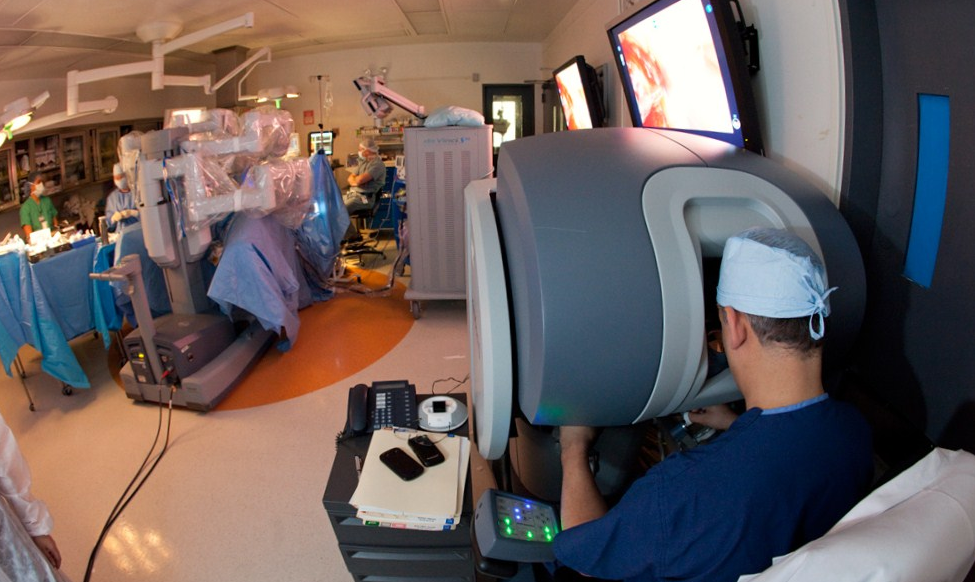Prostate Cancer Surgery No Longer Means Dealing With Incontinence or Impotence
/Last week, while discussing my collaboration with fashion designer Carmen Marc Valvo, I touched upon some of the reasons why men are hesitant to seek out screening and treatment for prostate cancer. I made the point that one of my goals is to help men understand the truth behind incontinence and impotence after prostate surgery, and that is the purpose of the information I want to share today.
I understand how important both topics are to men. No young man who is undergoing treatment for prostate cancer would ever want to consider the fact they may have to wear adult diapers or see an end to their sex lives. As wediagnose prostate cancer sooner in men through better screening methods however, this has become a reality that many have had to face. This is also one of the reasons why I developed the SMART surgery technique; so I could provide my patients with a greater quality of life after surgery.
SMART surgery (Samadi Modified Advanced Robotic Technique) is what is called a “nerve-sparing technique.” It combines the most effective aspects of open surgery and laparoscopic surgery, and applies those to the robotic platform. Due to the increased range of motion in using the robot, and the easier access that it provides to the prostate, parts of a traditional open surgery can be entirely removed from the equation. There is no need to open the endopelvic fascia and the dorsal vein is not sutured until after the rest of the procedure is complete. What this means is that the risk of damaging the nerves that surround the prostate is greatly reduced; these nerves are what control both sexual and urinary function in men.
The ability to perform the procedure in this way is one of the amazing benefits of robotic prostatectomy surgery compared to other treatments such as radiation. While there are advancements in better targeting radiation treatment towards just the cancer-stricken areas of the prostate, damage does still occur to the surrounding tissue and nerves, causing those continence and sexual function issues that men are so concerned with. Eight to ten percent of men will experience incontinence after radiation therapy, and over 50% of men will see a permanent change in their sexual potency.
Using the SMART surgery technique we have been able to achieve rates much more in favor of the patient, with 97% of them regaining continence and 85% regaining sexual function within one years’ time. For those who are still afflicted with either incontinence or impotence, there are effective treatment methods for both including surgical options if necessary. The truth of the matter is that as treatment methods improve, so do the outcomes; treating prostate cancer no longer means losing your basic bodily functions. As younger and younger men are treated, this becomes an increasingly important issue to those expecting a full, gratifying, and normal life post-surgery.
Please feel free to share your stories on this matter by leaving a comment below. Any information provided by prostate cancer survivors is always a beneficial resource when helping to educate others about this condition.

